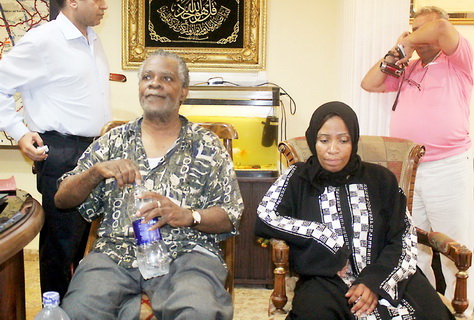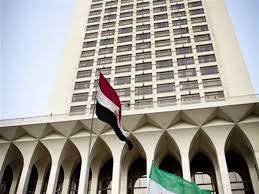KARACHI: To generations of young Pakistanis before the tragic events of 9/11 the British Council meant books: great books, pages and pages of both historical and contemporary literature that could be borrowed from or read at the many libraries that the council maintained in the country.
To these generations the British Council was a literary and a cultural haven, but this sadly changed, along with the world, after planes hit the Twin Towers in New York. Quietly, the council shipped out thousands of books that it had kept for years in its libraries and, soon, at least for the post-9/11 generation of young Pakistani men and women, the organization became nothing more than a place where one could take their O and A Level exams, English tests and get advice on studying in the UK.
However, at a time when violence and intolerance is engulfing the country, the British Council in Pakistan recently decided to rekindle its cultural aspect by supporting and aiding Oxford University Press (OUP) in holding a literature festival in Karachi.
The council not only helped facilitate famous Pakistani literati – both in Pakistan and abroad – exhibit Pakistan’s cultural and literary heritage and talent to the outside world, the message was also geared toward a whole generation of Pakistanis who have grown up amidst the sound and fury of bombs, accusations, threats and fear. To them things like literary festivals are dinosaurs of the past, albeit a more peaceful and intellectually richer one.
However the recent success of the two-day Karachi Literature Festival might render the above comment an overstatement: within a matter of two days, the festival attracted more than 3,000 enthusiasts.
Famous Pakistani novelists, poets, intellectuals and classical performers gathered to hold discussions, book readings and launches. The event featured classical dancer Sheema Kirmani; writers Intizar Hussain, Mohammad Hanif, Aamer Hussein and Mohsin Hamid; and poets Zehra Nigah, Shamsur Rahman Faruqi, Iftikhar Arif, Fehmida Riaz and Kishwer Naheed.
According to Hussain, the legendary author, the festival reminded him of the days when such gatherings were the norm in Pakistan. But for the majority of young Pakistanis attending the festival, the event was certainly out of the ordinary.
Looking excited and at the same time somewhat bewildered, a 19-year-old college student, Mukhatir Nabi, whom I found coming out of a discussion held by Hanif, said: “I guess this is what my father meant when he used to talk about better days.
But the festival was not at all about nostalgia. According to the organizers, the idea behind the event had more to do with the future – Pakistan’s cultural future.
While talking to a gathering of young Pakistanis at the festival, Pakistan’s British Council Director, Mashhood Rizvi, explained that the council’s goal is to use literature to show young people who they are. He added that identity created security and a strong sense of confidence.
“When you are sure of who you are, you are no longer a Pakistani, no longer an Indian. You are a citizen of the world, he said.
On being asked how this festival helps Pakistan present itself to the world, Mashhood suggested that more than technology and trade, it is culture and literature that help create bonds between civilizations.
The festival also celebrated the cultural reawakening Karachi has recently been witnessing. Comparatively speaking, Karachi, at least in the last three years, has been able to keep at bay the sort of vicious mayhem that has gripped the provinces of Punjab and the North West Frontier Province. Perhaps it was because of this that the organizers of the festival decided to hold the event in Karachi.
“People said that it was madness, that it couldn’t be done, said Asif Aslam Farrukhi, a literary figure and one of the festival’s founders. But “Karachi is a meeting place of cultures, of languages. We want to bring back the joy, the pleasure of literature to this city, for the greater good of Pakistan.
Adnan Farooqis a Karachi-based writer. This abridged article is distributed by the Common Ground News Service (CGNews) with permission from Dawn.com. The full text can be found at www.dawn.com.


